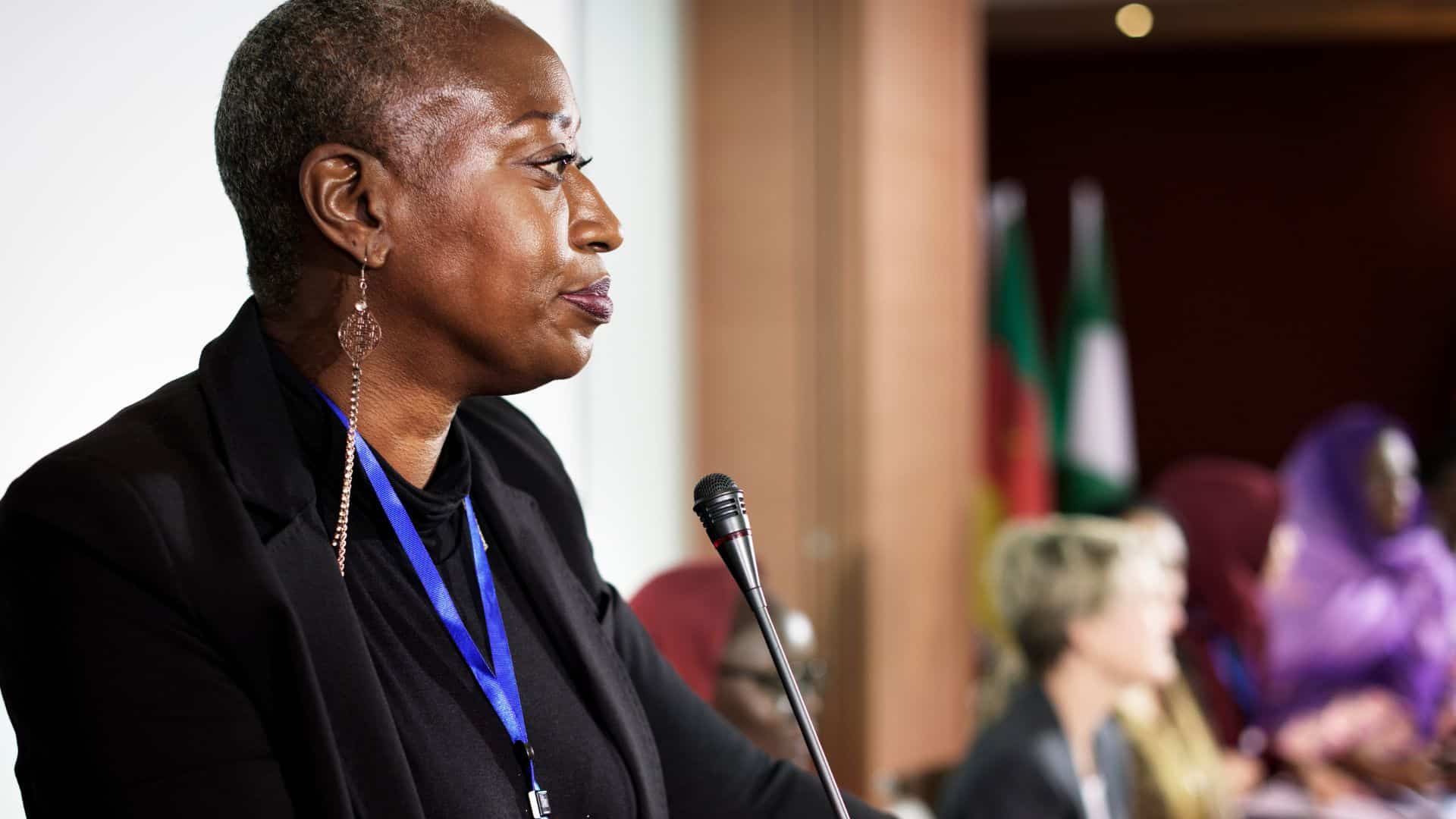The cost of war/year.
People driven from their homes by war.
Unfolding all over the world right now.
We have demonstrated that the incidence of armed conflict can be reduced. Between 1990 and 2020, 180 wars were stopped or prevented. However, the appalling human and economic cost of war continues. We can do better!

No single actor can build peace alone. Collaboration connects organizations, funders, and local communities, aligning goals and sharing knowledge so that collective action leads to stronger, more coordinated longer-lasting outcomes.

Peacebuilding is most effective when guided by facts, not assumptions. Past successes provide plenty of evidence about what methods achieve the best results in what types of conflicts. We should apply this evidence to improve results.

Peace begins with those who live closest to the conflict. Local people understand the context, relationships, and culture that shape every solution. Partnering with local leaders in the design and management process turns outside support into lasting change.

Peacemakers with specialized skills can get better results that merit increased funding.

No single actor can build peace alone. Collaboration connects organizations, funders, and communities, aligning goals and sharing knowledge so that collective action leads to stronger, more coordinated outcomes.

Peacebuilding is most effective when guided by facts, not assumptions. Past successes provide plenty of evidence about what get best results in what types of conflicts.

Peace begins with those who live closest to the conflict. Local people understand the context, relationships, and culture that shape every solution turns outside support into lasting change.

Peacemakers with specialized skills can get better results and merit increased funding.

Milt Lauenstein (MBA, University of Chicago, 1960; BS ChE, Purdue University, 1945) was involved in business management from 1948 until 2001 as an executive and management consultant. He served as a director, chairman, and/or CEO of a dozen for-profit corporations and half a dozen non-profits. He served as a Senior Lecturer on Business Policy at the University of Chicago and as Executive in Residence at Northeastern University. He is the author of the book What’s Your Game Plan? about business strategy, published by Dow-Jones Irwin.
Under President Johnson, he was a member of the U.S. Department of Commerce Technical Advisory Board.
Since 2001, he has been active in peacebuilding. He served as a director of the Alliance for Peacebuilding. He funded a successful campaign by local citizens of Guinea-Bissau to prevent a national election campaign from triggering a return to civil war in 2005. Based on that experience, he founded the Purdue Peace Project, which successfully assisted local citizens in preventing violence in several other countries in West Africa.
He has funded a number of research projects, a few of which may be found on the website lesswar.org. In 2020, with the Carter School for Peace and Conflict Resolution at George Mason University, he founded the Better Evidence Project to develop evidence about where and how to deploy peacebuilding resources for best results. In 2024, he co-founded the Effective Peacebuilding Initiative.
With Dr. Elliot Short, he co-authored the book Peace and Conflict Since 1991, published by Peter Lang. It lists 180 successful interventions to stop or prevent wars.
He served in the U.S. Navy from 1943 to 1946, ultimately as Executive Officer of a small ship. He is married, with four children, seven grandchildren, and five great-grandchildren. He attended several art schools in the United States and Europe and continues to paint as an avocation. He is a Quaker.